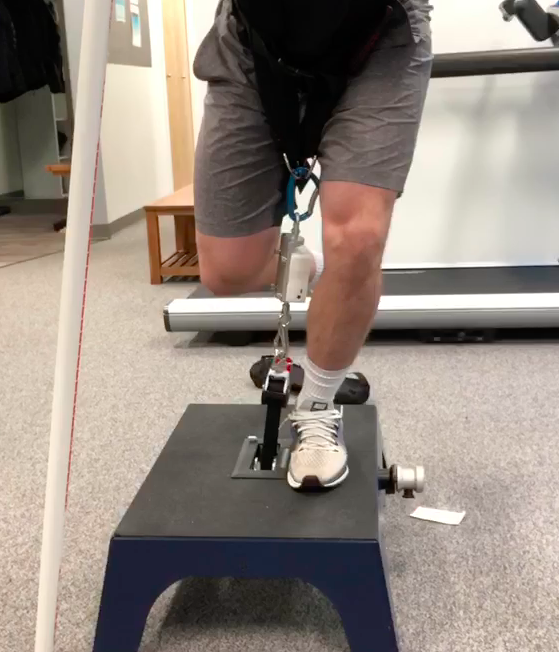Muscle imbalances, muscle strength and length differences across an individual joint, are frequently examined by Physical Therapists in individuals with pain, loss of function, or disease. For example, imbalances between our shoulder external and internal rotators have been shown to correlate with multiple shoulder disorders and help predict success after surgery. In addition, asymmetries in muscle strength between sides of our body have also been shown to impact both injury risk and performance. E
Experienced Physical Therapists aim to objectively examine lower body musculature for strength differences between sides when identifying impairments contributing to a patient’s current symptoms. In addition, these measurements can help inform decision making on return to sport after injury. Previous authors have found a > 15% strength difference between limbs has been associated with an increased risk for future injury. Often researchers suggest a < 10% strength difference between sides before allowing an athlete but some have questioned the validity of this number. Due to the uncertainty of this number many Physical Therapists utilize additional tests and measures (ex. hop, power, and rate of force development testing) prior allowing an athlete to return to sport after injury or surgery.
Side to side strength differences have also been shown to impact jumping, sprinting, team and endurance sport’s performance. Although numbers vary between studies a > 5-10% difference in strength between sides of the body has been shown to negatively impact performance in athletes. Some asymmetries should be expected in athlete and patient testing (ex. a thrower’s shoulder), but significant differences should be addressed with Physical Therapy exercises to both reduce future injury risk and improve performance.
Click Here to schedule your next assessment with the experts at MEND

